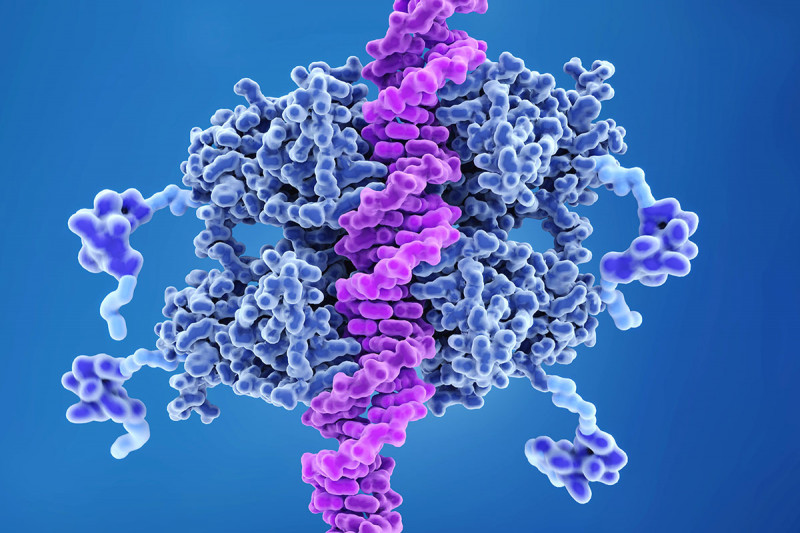The Thayer Laboratory
The Thayer Laboratory applies computational molecular biophysics to uncover the fundamental mechanisms that govern protein regulation, allosteric signaling, and misfunction in disease. Using molecular dynamics simulations, machine learning, structural bioinformatics, and mathematical modeling, we study how proteins operate at the atomic level and how molecular failures contribute to pathological states.
In addition to applying state-of-the-art computational techniques, we actively develop new methods and software to advance the field, including molecular dynamics–based Markov State Models, sector analysis, and electrostatic network models tailored to study p53 and related systems. This ongoing methodological innovation allows us to probe protein function in new ways, extending our capacity to investigate complex biological questions.
Our current focus is on the tumor suppressor protein p53, whose misregulation is implicated in over half of human cancers. Through detailed modeling of free energy landscapes and protein dynamics, we aim to build predictive frameworks that enable rational drug design, molecular rescue, and ultimately, protein engineering as a therapeutic strategy.
